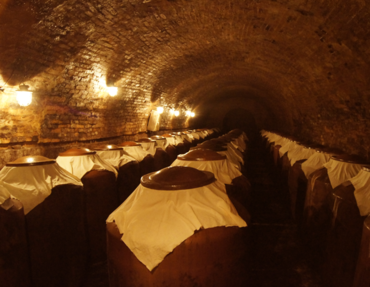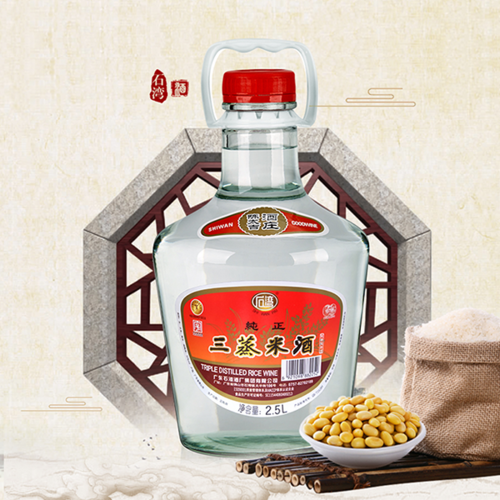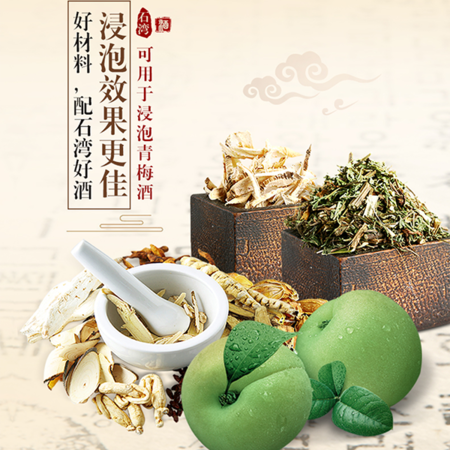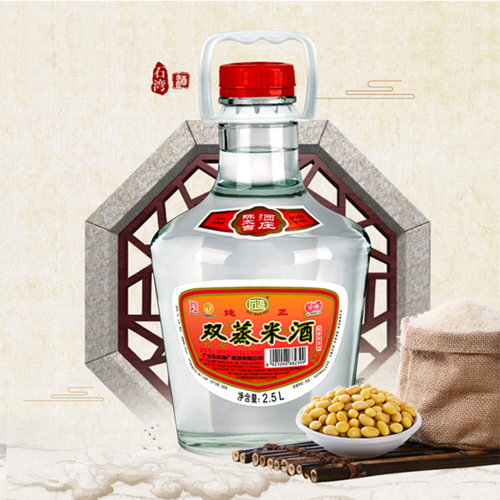The efficacy and role of rice wine
has a strong aroma, sweet taste, mellow flavor, and contains amino acids, sugar, vinegar, organic acids and multiple vitamins. It is one of the main condiments indispensable in cooking.
The efficacy and role of rice wine
1. Rich in amino acids: In addition to ethanol and water, the main components of wine also contain 18 kinds of amino acids, of which 8 are necessary but cannot be synthesized by the human body. The content of these 8 amino acids in wine is one to several times more than the same amount of beer and wine.
2. Easy to digest: wine contains many nutrients that are easily digested by the human body, such as dextrin, maltose, glucose, lipids, glycerin, higher alcohols, vitamins and organic acids. After a period of storage of these ingredients, wine will eventually become a low-alcohol beverage with high nutritional value.
3. Relieve muscles and promote blood circulation: the smell of wine is bitter, sweet and pungent. Drinking yellow wine warmly in winter can invigorate blood and dispel cold, clear the meridians, and effectively resist cold stimulation and prevent colds. The right amount of regular drinking helps blood circulation, promote metabolism, and can nourish blood and nourish the skin.
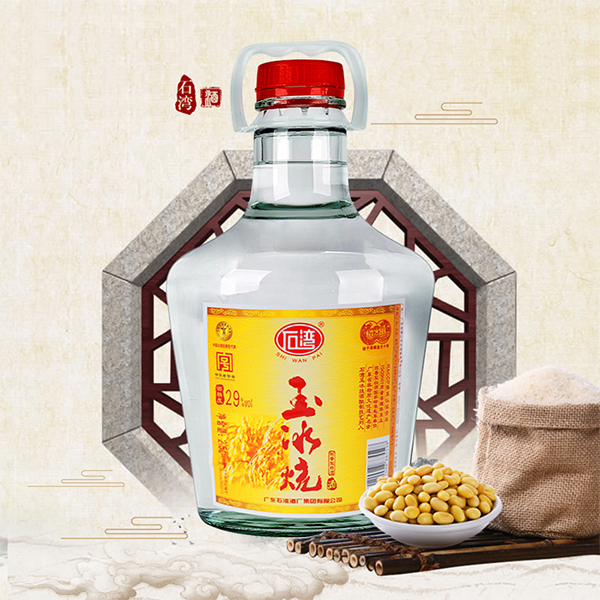
4. Beauty and anti-aging: wine is a good source of B vitamins. Vitamin B1, B2, niacin, and vitamin E are all rich. Long-term drinking is good for beauty and anti-aging.
5. Promote appetite: Zinc is an important component of energy metabolism and protein synthesis. When zinc is deficient, appetite and taste will decrease, and sexual function will also decrease. The zinc content in wine is quite a lot, such as 0.85 mg of zinc per 100 ml of Shaoxing Yuan red wine. So drinking rice wine can promote appetite.
6. Protect the heart: wine contains a variety of trace elements. For example, the magnesium content per 100 ml is 20-30 mg, which is 10 times higher than white wine and 5 times higher than red wine. In cardiovascular disease, these trace elements all have the effect of preventing blood pressure and thrombosis. Therefore, drinking rice wine in moderation has a protective effect on the heart.
7. Ideal drug primer: Compared with white wine and beer, rice wine has moderate alcohol content and is an ideal drug primer. Although white wine has a better dissolving effect on traditional Chinese medicine, it is more irritating when drinking. People who do not drink well are more prone to diarrhea and itching. Beer is too low in alcohol, which is not conducive to the dissolution of active ingredients in Chinese medicine. In addition, rice wine is also an important auxiliary raw material for traditional Chinese medicine ointments, pills, pills and powders. In traditional Chinese medicine prescriptions, yellow wine is commonly used to soak, boil, steam Chinese herbal medicines or prepare pills and various medicinal wines. According to statistics, more than 70 medicinal wines need to be prepared with rice wine as a base.



